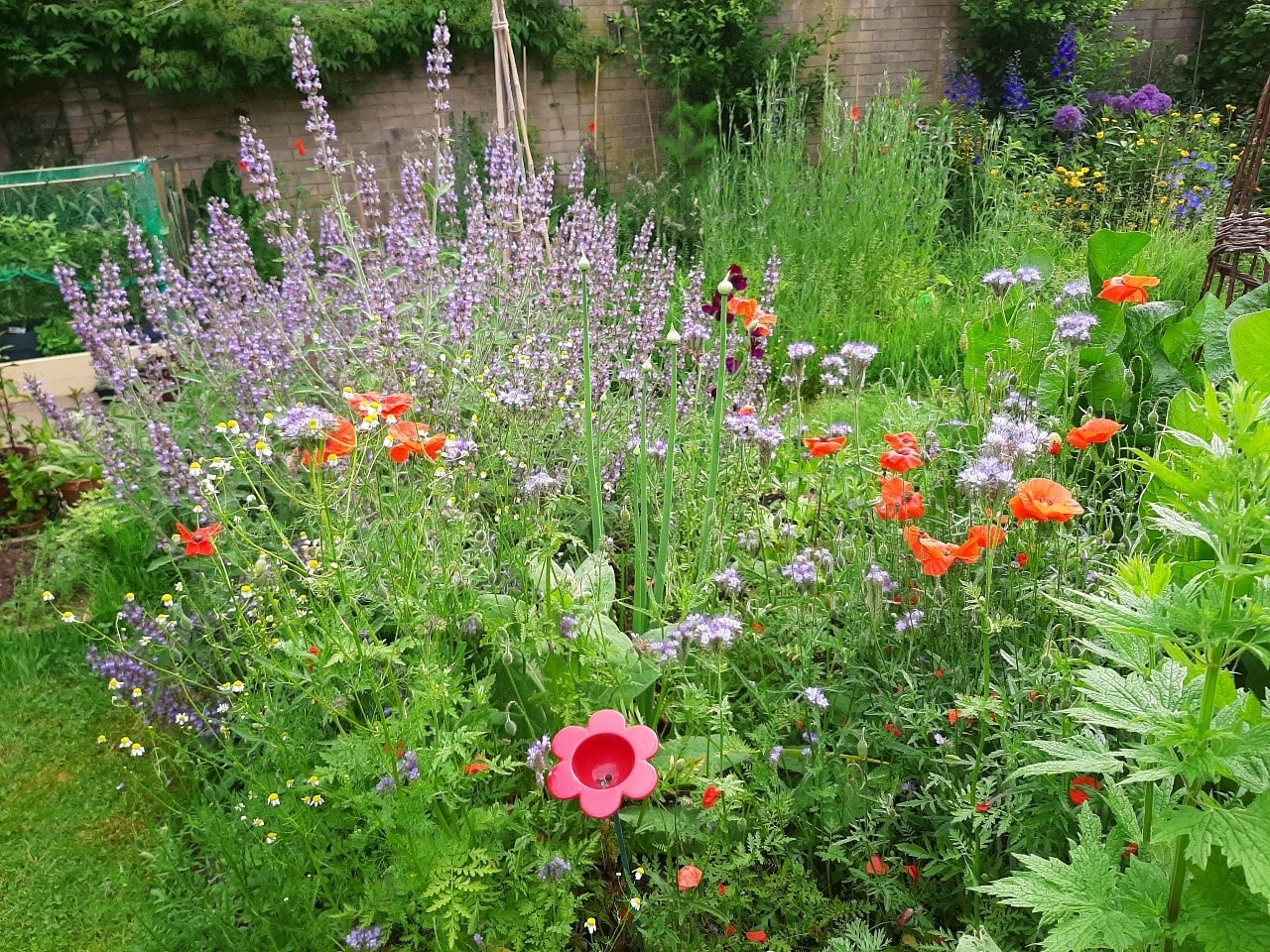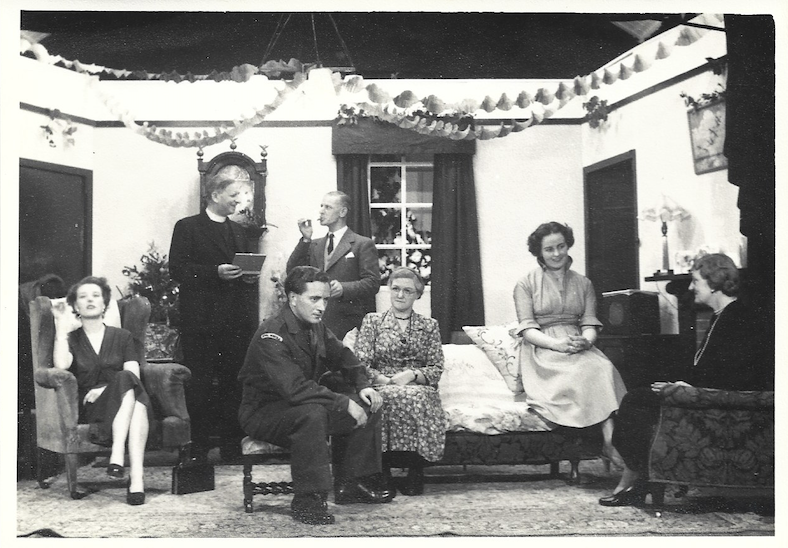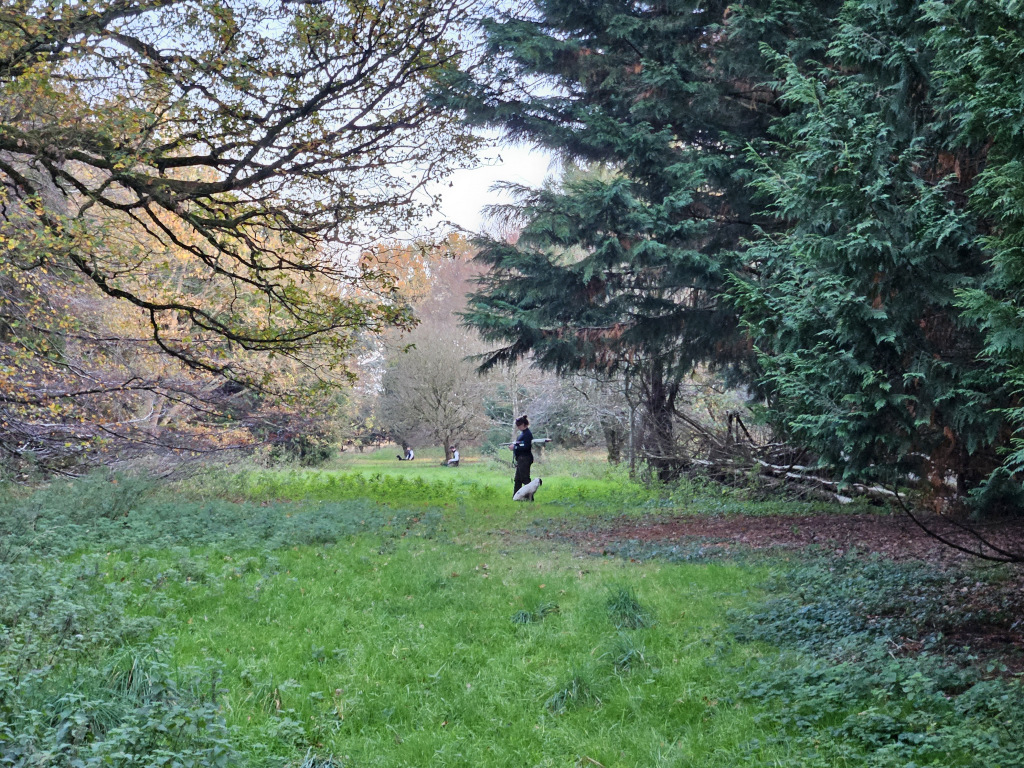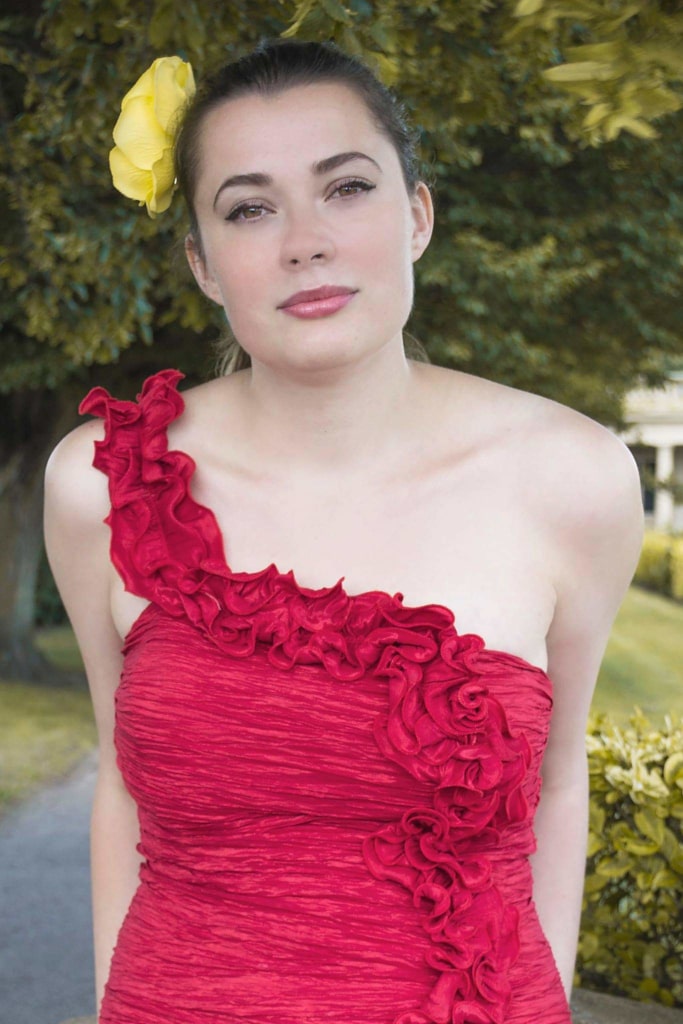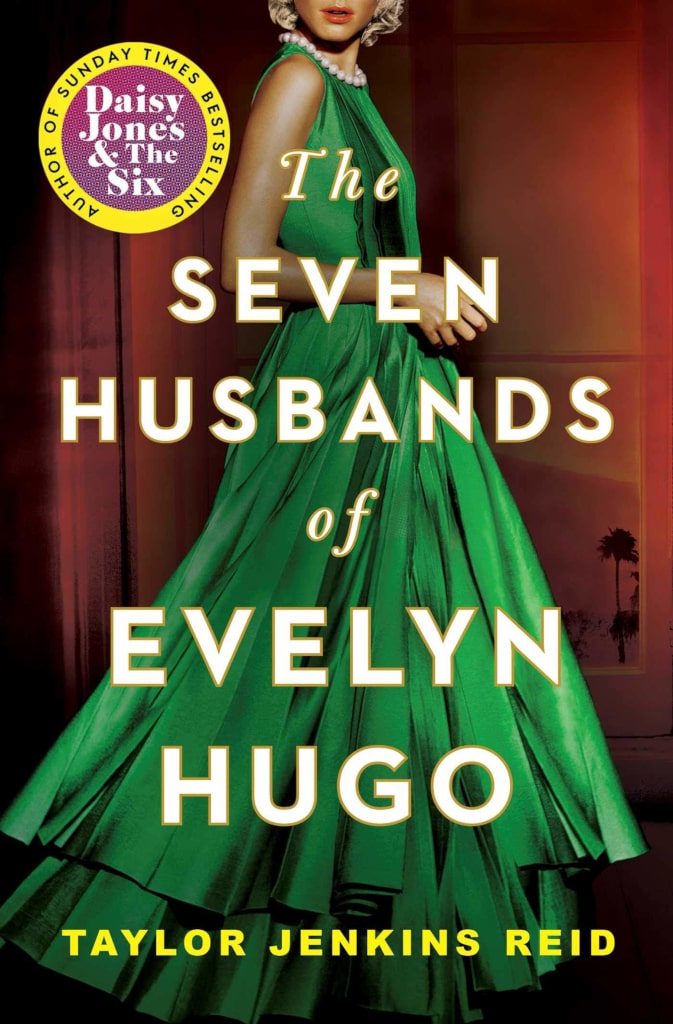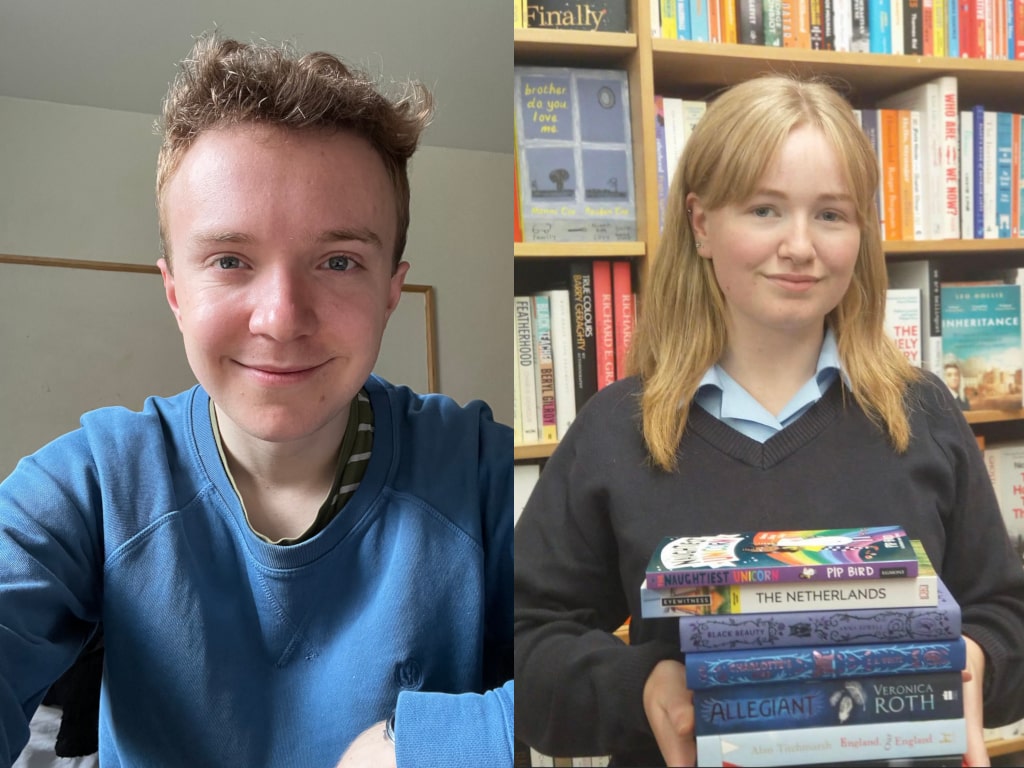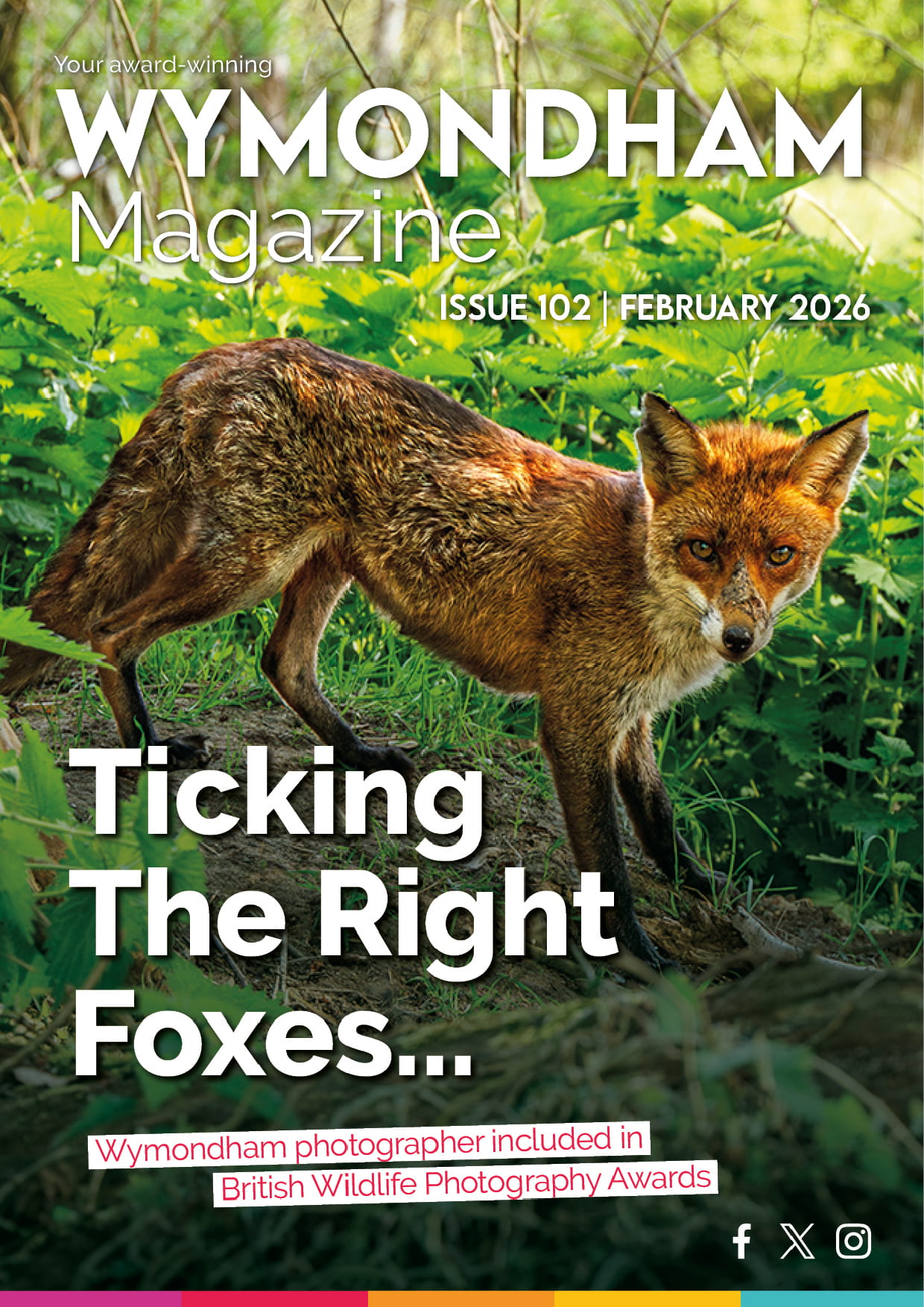Our government continue to allow the use of Neonicotinoid chemicals on sugar beet crops, over-turning a UK ban - despite the conclusive evidence that even tiny trace amounts of these chemicals (which don’t degrade, remain in the soil and are absorbed by plants) damage a Bees ability to forage and navigate.
To be blunt, Neonicotinoids kill bees - yet bees and other pollinating insects are vital for our crops of most Fruits and some vegetables.
Wymondham Garden Club want the good folks of Wymondham to help our native bees, it’s a lot easier to help than you might think.
Easy ways to help bees:
Grow plants which provide nectar and/or pollen and flower in different seasons. Here are some examples:
Winter/Early Spring: Hellebores, Snowdrops, Aconites
Spring: Lilac, Rosemary, Raspberries
Early Summer: Geranium (Johnsons Blue), Geum, Sage
Summer : Vipers Bugloss, Autumn Raspberries, Honeysuckle, Thyme
Autumn: Fuschia, Ivy, Viburnum.
There’s a multitude of plants which have nectar and/or pollen – make sure you buy the correct variety, there’s lots of choice, some are much better than others.
Go to Myhills or Wymondham Garden Centre, take a look and see which plants attract the Bees and other insects.
Native plants are good for wildlife gardens – visit “Natural Surroundings” café & nursery near Holt.
Don’t use Pesticides
Many pesticides for gardeners contain the harmful Neonicotinoids! Do your homework before buying them, labels on some commercial products can be deceptive. Best practise: Don’t use any pesticides at all. If you have a healthy garden, chances are if you get an insect pest, there will also be a predator there to eat it!
Did you know?
Raspberries are one of the top ten plants for bees? They will grow in even the smallest garden, need very little maintenance, plus you get to eat the fruits! An easy one for encouraging kids to garden.
Bumblebees and solitary bees don’t sting, they are docile and unless you go shaking or disturbing their nests, will not be bothered by you nor should you by them. Honey bees do sting but you are unlikely to attract many to your garden. Our advice: if you leave them alone, they leave you alone.
The Royal Horticultural Society have revamped their Britain in Bloom Competition. Criteria and judging now includes sustainability. Helping bees is one aspect of this which Wymondham in Bloom Team judges will be looking for in the competition this summer.
Bee nests: Carder bees live in holes in the ground, Mason bees in holes in brick, Small Garden bumblebees will nest in disused bird nests and Leafcutter bees use insect boxes.
So, Wymondham Garden Club ask: Please grow plants which help our native bees! Without the pollinators, we won’t have apples, raspberries, plums or pumpkins. Spring is the time to help bees and ourselves by planting conscientiously.




